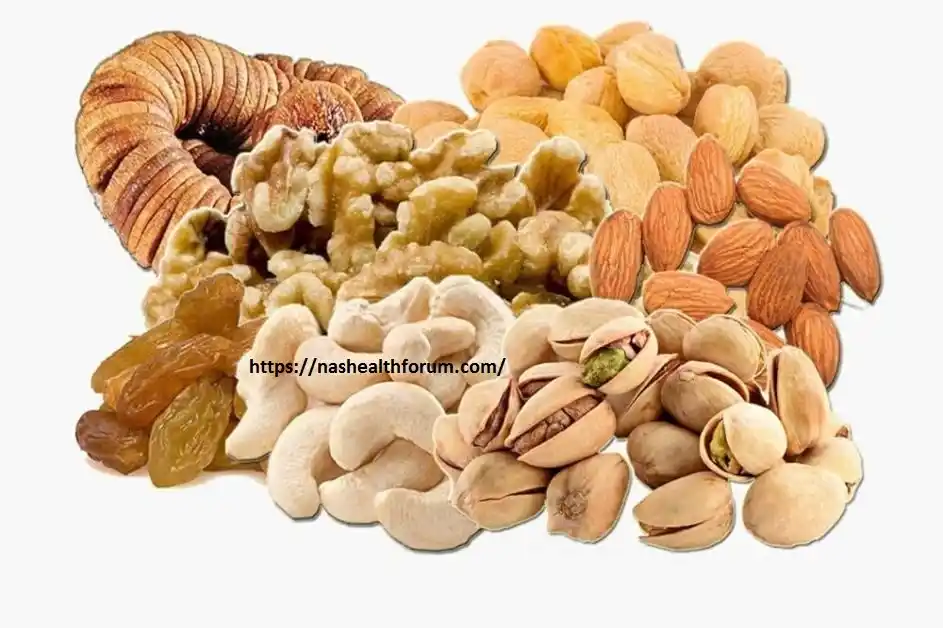Today I am discussing super Health Benefits of Almonds/Cashew nuts/Pistachios and Peanuts everybody’s favorite nuts, We have healthy, informative revelations to share. You may have heard that nuts are more than crunchy treats.
They’re packed with incredible health benefits and can change your well-being.
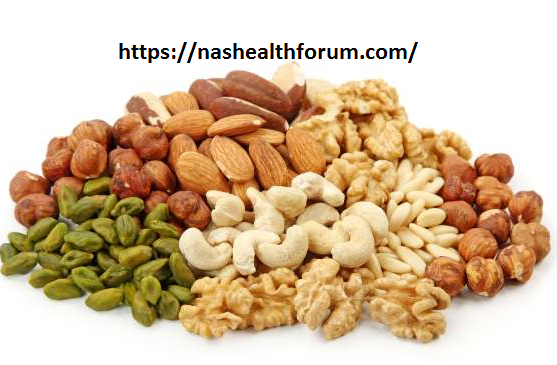
Table of Contents
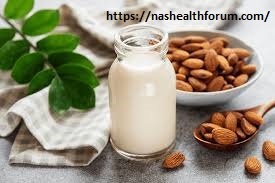
Health benefits of almonds for women:–
Nuts, especially almonds are packed with nutrients. They are rich in healthy fats, fiber, protein, vitamin E, magnesium and antioxidants. Nut health benefits: Nuts contain good cholesterol (LDL) and promote blood pressure. Almonds are said to improve heart health if eaten regularly.
Plus, they are suitable for skin health and weight management. Not to mention, they are brain food due to their high satiety and nutrient content. They also help manage blood sugar levels, making them a healthy snack for a person with Diabetes. A handful of almonds daily can increase energy levels, aid digestion, and improve overall well-being. You can also use almond flour.
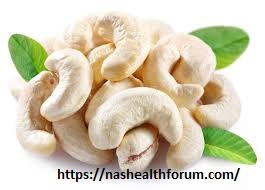
Nutritional value of cashew nuts:–
Roasted Cashews nuts are an excellent source of healthy fats and nutrients that may help promote overall health. They are also great sources of healthy fats, plant-based protein, vitamins (including B6 and K), and minerals including magnesium, zinc, iron, and copper. When consumed in moderation, cashew nuts can help in improving heart health through better cholesterol profiles and overall blood pressure levels.
They also help build strong bones, a healthy immune system, and better brain function. Due to their antioxidant content, cashews help combat inflammation and protect cells against damage.
They can also help with weight management by keeping you full longer and providing sustained energy. They are also a healthy and filling snack with many health benefits.
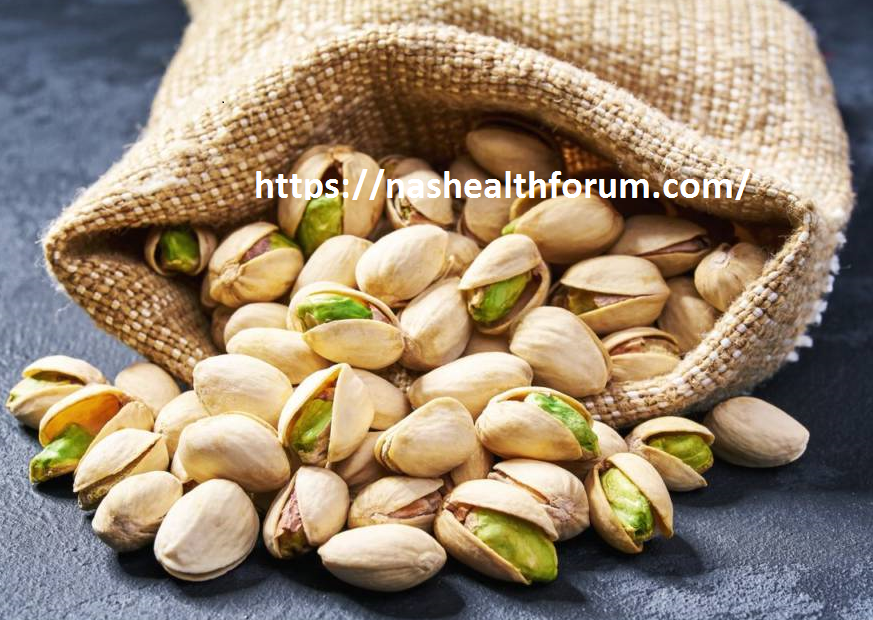
Benefits of pistachios for skin:–
Pistachios are walnuts that are delicious and good for the health that can bring you many health benefits. They are high in protein, fibre, healthy fats, and vitamins and minerals like vitamin B6, thiamine, potassium and magnesium. These nuts are heart-friendly as they lessen bad cholesterol (LDL) and enhance good cholesterol (HDL), thus promoting healthy cardiovascular functioning.” Pistachios are also packed with antioxidants that protect the body from cell damage and reduce inflammation.
Pistachios are high in fibre and protein, promoting fullness and making a perfect snack for weight management. They also promote healthy blood sugar levels and can help with digestion and eye health.
In short, pistachios are a crunchy, tasty snack for your heart health and metabolism.

Health Benefits of Peanuts & peanut butter:-
Peanuts are a good source of weight gain.you may use it for under weight children. They will also help you to be healthier. Peanuts are rich, and their diet is beneficial in controlling blood sugar levels in diabetes patients and maintaining healthy body weight in obese people.
Peanuts are a healthy fat-source snack, a delicious super food for Diabetes, and other benefits you do not want to lose.
The peanut protein slowed digestion and helped blood sugar stay stable.Even consuming peanuts before a meal might help avoid blood sugar surges. It’s a super food.
Benefits of nuts:-
Nuts receive a lot of interest these days. Eyes are on nuts for their potential contributions.To health and disease prevention. While you walk around the supermarket, you might see many nut-related offerings, from drinks to snacks to spreads.
Nuts contain beneficial components such as heart-healthy fats, vitamins, minerals, and antioxidants.But it’s worth noting that not all nuts have the same nutritional benefits.
Types of nuts:-
The nuts with the most protein are peanuts, cashews, almonds and pistachios
The highest-fat nuts are macadamias, brazil, pine, and walnuts.
Nuts with the highest unsaturated fat content: hazelnuts also used in coffee, macadamias, pecans,
brazil nuts and pine nuts. Nuts with the highest carbohydrate content (tied with cashew nuts):
With the differences in nutrient content, you might wonder if consuming the effects of eating nuts daily on your body is better and why eating some types of nuts more often and others less might be better.
Cholesterol levels which can improve by nuts:-
Upping cholesterol scores. From a Food Reviews 2022 review International researchers say that should fill the daily intake of 50 to 100 grams of nuts, such as almonds, peanuts, pecans and
nuts, most days of the week. Perhaps eating walnuts five times a week can cause a significant decrease in LDL lousy cholesterol levels.
Hazelnuts, pistachios and walnuts may help elevate HDL-good cholesterol levels. This may be related to heightened amounts of phytosterols, a class of lipid compounds derived from nuts that have been shown to help reduce LDL cholesterol levels and lower the risk of heart disease over time.
Increased antioxidant intake:-
In straightforward terms, the second is a higher intake of antioxidants. Almonds: Nuts like almonds are a whole of flavonoids, compounds natural to spices and herbs, which are famous for their antioxidant qualities. These compounds have antioxidant properties and can help protect from free radicals, which can lead to heart disease.
You might be introducing different amounts of omega-3 three depending on the specific nut variety in which you consume amounts of antioxidants. For example, almonds and cashews are rich in vitamin E, which are known for their anti-inflammatory and anti-cancer properties.
Weight management by nuts:-
Regular nut consumption encompasses both tree nuts and peanuts, according to several studies linked to obesity. A 2019 study published in Nutrition Research suggests that eating more than nut consumption was inversely associated with weight gain and risk of overweight and obesity.
Moreover, those who eat a minimum of 28 grams of nuts a day may have lower rates of weight gain and a reduced risk of overweight and obesity. This effect could come partly from the satiating effects of protein and fiber that add to sensations of satiety and lessened appetite. But even though nuts are part of a weight management strategy.
It is essential to consider different elements such as dietary trends, genetics, and exercise and more. Fourth, reducing the risk of colon cancer. Nuts have antioxidant activity and are known for their тусе antioxidant.

Cancer risk reduction:-
Dry fruits (nuts) have anti-inflammatory properties that could help prevent tumors. A 2021 review from the International Journal of Food Sciences and Nutrition stated that more nuts consumed might be linked to a lower risk for colon cancer. However , new studies highlight the urgency of knowing more about this to establish a stronger link between nut consumption and colorectal cancer risk.
Although the relationship is complex, incorporating nuts into a healthy diet may boost your health further, as long as you’re not allergic.
Research suggests that including a daily portion of nuts in your diet can lower your risk of heart disease by 27 per cent compared to eating nuts once a week, which gives them a four per cent decrease.
As long as you have no allergy, eating a small handful of shelled nuts a day is fine.
Roasted, salted or flavored nuts can be high in sodium. Eating too much sodium can contribute to high blood pressure, which increases the risk of heart disease, stroke and heart failure.
If you’re watching your sodium levels, choose unsalted nuts.
Selenium intoxication:-
Eating too many certain nuts, especially Brazil nuts, can cause a condition called selenium intoxication. Of all types of nuts, Brazil nuts have the highest concentration of selenium.
Only a handful of nuts daily is enough to cover a large proportion of the recommended daily selenium intake.
Long term, this overconsumption can cause fatigue, weakness and tingling sensations consistent with selenium intoxication.A variety of nuts is advisable for daily consumption as they provide diverse nutrient profiles. But it’s best to eat Brazilian nuts in moderation to prevent selenium poisoning.
Portion size, on the other hand, is essential, as nuts are Calorie-dense, regardless of their benefits.
Depending on your age and calorie requirements, the advised protein portions might differ; for reference, a serving of protein corresponds to about 12 almonds, 24 pistachios, seven walnut halves or one tablespoon of nut butter.
These include possible weight control, a lower risk of developing type 2 diabetes, and potential health benefits. You can customize your nut selections and serving sizes to your particular benefit by tailoring their integration to your own dietary needs and goals.
Frequently Asked Questions:-
- What are the other health benefits of eating almonds, cashews, pistachios, and peanuts?
These nuts provide healthy fats, protein, fiber, vitamins and minerals. Regular consumption can help:
Improve heart health
Support brain function
Boost energy levels
Made sure to keep their skin and hair glowing
Help in weight management when consumed in moderation. - Do donuts have heart health benefits?
Yes! Similar nuts, such as almonds and pistachios, are packed with monounsaturated fat and antioxidants that decrease bad cholesterol (LDL) and promote healthy blood pressure. Peanuts and cashews also offer magnesium and heart-healthy plant-based compounds. - The value of nuts as sources of protein
Absolutely! Almonds, cashews, pistachios, and peanuts are wonderful plant-based protein sources, which means they are wonderful snacks for vegetarians or anyone who wants to increase their protein naturally. - Are nuts beneficial for brain and mental health?
Yes. Almonds and peanuts are rich in vitamin E, and cashews are also high in zinc and magnesium, which enhance memory, alleviate anxiety , and protect neurons from oxidative stress. - Can we eat these nuts daily?
A healthy serving size is a small handful, or around 1 ounce (28 grams) a day. To prevent added sodium or added sugars, watch the portion size, particularly if salted or flavored versions.
Thank you for reading this article, and please like and share it with your family and friends.
